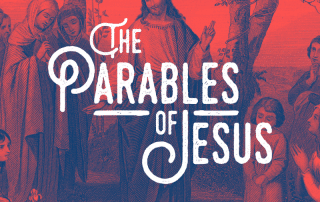Jesus Prayer | Luke 18:13
But the tax collector, standing far off, would not even lift up his eyes to heaven, but beat his breast, saying, ‘God, be merciful to me, a sinner!’ Luke 18:13
“Lord, have mercy!” What does it mean to us when we call out in this way? Many people use this as a catchphrase, an exclamation used after being startled. But what does it truly mean? The definition relates to compassion or forgiveness given by someone with the authority and power to punish. That sheds a little light on the word, but in the context of this tax collector, what does it entail? There’s a lot to learn from this little snippet of scripture within its context.
As much as paying taxes nowadays is an experience we’d rather not have, and how much we might dislike the people having this role, tax collectors during the times of Jesus were despised. Their lot was to garner tax monies from the local populace. As long as their leadership was satisfied with the taxes brought to the coffers of the kingdom, the collectors had the freedom to pad what they gathered from the people, sometimes to excess. Imagine the IRS doing that to you. I’m thinking you’d be displeased.
The person referenced in this passage is speaking to God, humbled to the degree his eyes were cast down, and could only ask God in this way for mercy. God certainly had the power and authority to punish this person. But, in their obvious stance and perspective of humility, observed in derision by the Pharisee, they knew to ask for mercy. The point of this passage is to illustrate trust in God and not in self, with the tax collector demonstrating the unswerving trust in God.
For today, if your thoughts happen upon mercy, or you find yourself saying something like “Have mercy,” or “Lord, have mercy,” stop and pray the short ‘tax collector’ prayer, and ask God for mercy towards you, a sinner, and remember to reflect the sharing of mercy to others.
By Rich Obrecht


